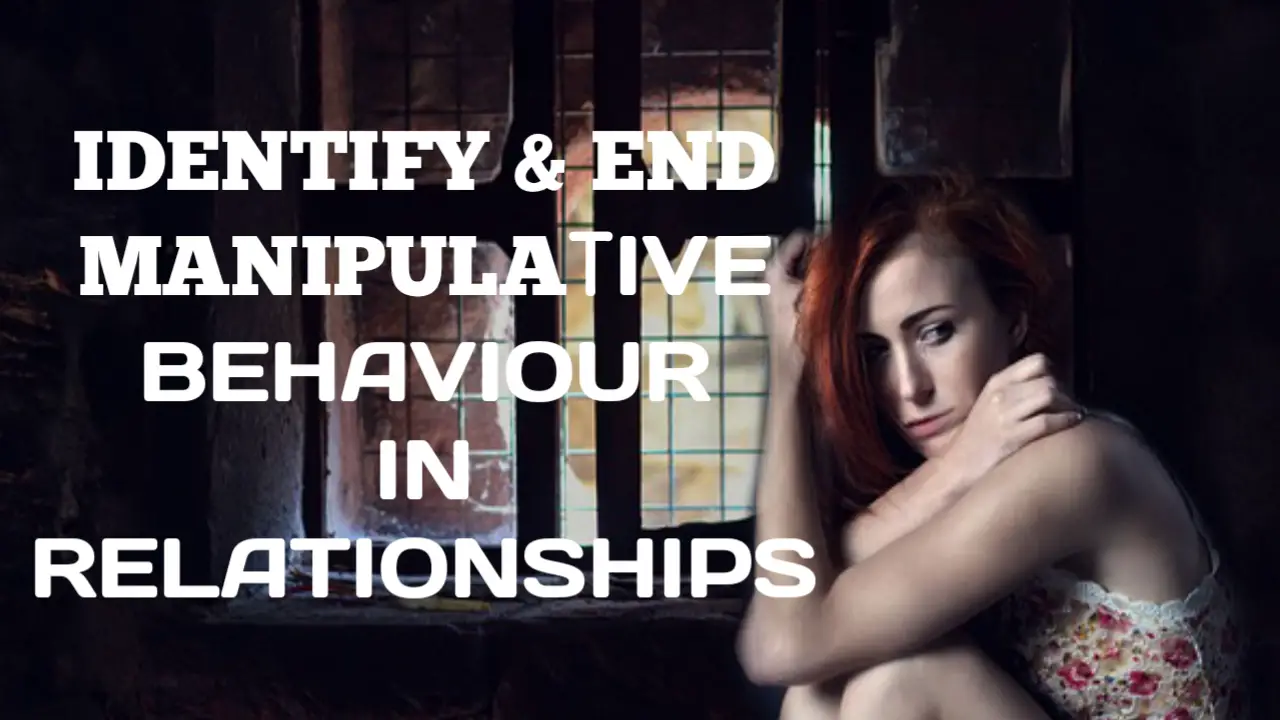In the world of relationships, manipulation can sometimes cast a shadow over the connection. Recognizing and effectively addressing manipulative behaviours is crucial for maintaining healthy bonds.
This post will explore the signs of manipulation and provide strategies to navigate through them, promoting healthier and more genuine relationships.
Spotting Manipulative Behaviors: Key Indicators
- Gaslighting Signs: Gaslighting involves making someone doubt their reality. If you notice a consistent pattern of your partner dismissing your feelings or experiences, this could be a sign of manipulation.
- Emotional Rollercoaster: Rapid shifts in emotions, from affectionate to distant, may be a manipulation tactic. Pay attention to sudden changes that leave you feeling confused or emotionally drained.
- Guilt-Tripping Clues: Manipulators often use guilt to control actions. If your partner constantly makes you feel guilty for asserting yourself or pursuing your interests, it’s a red flag.
- Isolation Tactics: Manipulative individuals may subtly isolate you from friends and family, making it easier for them to exert control. Notice if you’re spending less time with your support network.
- Conditional Love Patterns: Love should be unconditional. If your partner attaches conditions to their affection or support, it could indicate manipulation.
Dealing with Manipulation: Strategies for Empowerment
- Trust Your Intuition: Listen to your instincts. If something feels off, explore it further. Your gut feeling can be a reliable indicator.
- Open Communication: Healthy relationships are built on open dialogue. Address your concerns with your partner, clearly asserting your boundaries.
- Boost Self-Esteem: Manipulators prey on vulnerabilities. Strengthen your self-esteem and remind yourself of your worth. A confident mindset can counter manipulation.
- Gain External Perspectives: Seek advice from trusted friends or family. They can offer unbiased insights and help you see the situation clearly.
- Professional Support: In severe cases, consider seeking therapy. A qualified therapist can guide you through the process of healing and self-empowerment.

Conclusion: Knowledge is Power Against Manipulation
Recognizing manipulation is the first step towards healthier relationships. By understanding the signs and taking proactive steps to address manipulation, you’re fostering an environment of trust, respect, and authenticity.
Remember, the path to stronger connections is illuminated by your awareness and determination to build bonds that are free from manipulation.

